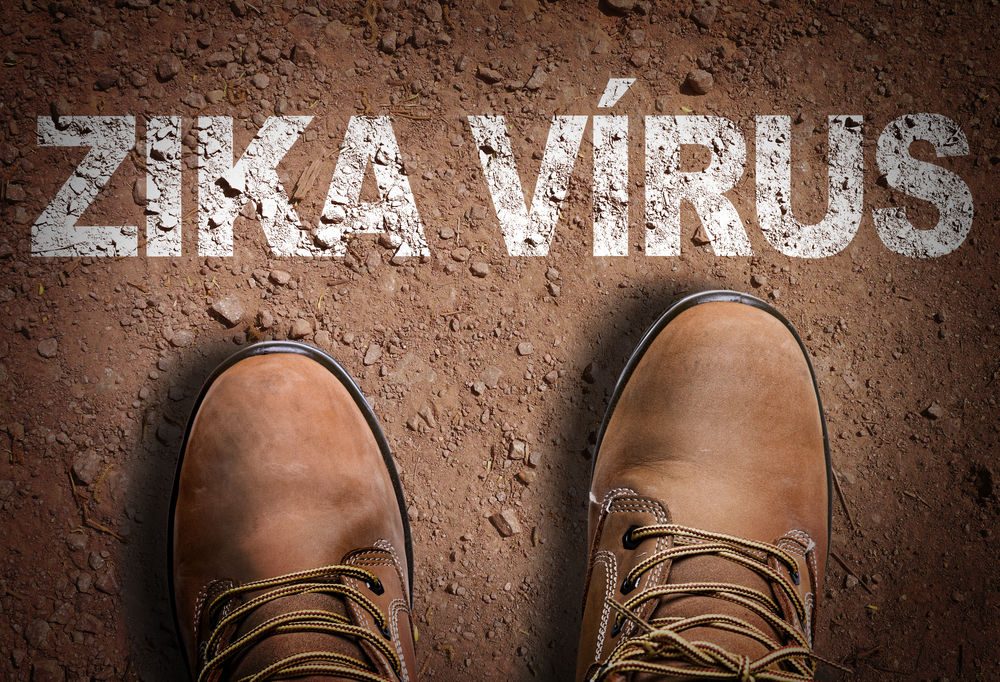

Transmitted by the Aedes mosquito, the Zika virus has been identified in 21 states including New York, New Jersey and Connecticut in the northeast, Florida and Georgia in the southeast, as well as Texas and California among others. All cases in the U.S. are travel-related thus far.
Symptoms of the Zika Virus
The Zika virus remains in the blood of an infected person for about a week, but can produce symptoms and be found in the body for as long as two weeks. Symptoms of Zika virus infection are fever, rash, joint pain along with muscle pain and headaches. Some experience conjunctivitis (red, irritated eyes). If you show these symptoms within two weeks after traveling to an area where Zika has been found, see your physician immediately.
Most people only have minor symptoms and are at minimal risk. However, the Zika virus is associated with an increase in the instances of Guillain-Barre’ Syndrome – a condition where the immune system attacks the body’s own nervous system. There is no conclusive evidence at this time.
Birth-Related Defects
Pregnant women, however, need to be much more concerned as the Zika virus may spread from mother to fetus and there have been a significant number of cases of microcephaly in babies whose mother had the Zika virus. Microcephaly is a birth defect where the brain and, therefore the head, does not grow properly during pregnancy. Depending on the severity of the condition, there may be developmental delays in speech, milestones like standing and walking, intellectual disability, seizures, and difficulties in movement, balance, hearing and vision. There is much research being initiated by the Center for Disease Control and Prevention to learn more about the connection between Zika virus in the mother and microcephaly related birth defects.
Vaccine and Treatment
There is no vaccine for Zika at this time, and treatment includes rest, increased hydration and over-the-counter medications such as acetaminophen. Aspirin and other non-steroid anti-inflammatory drugs are not recommended. Speak with your physician about other drugs you may be taking while infected with the Zika virus.
5 Ways to Prevent Mosquito Bites
To prevent contracting the Zika virus, avoid mosquito bites when traveling to areas where Zika virus is known to be.
To prevent mosquito bites:
- Use bug repellent to prevent mosquitoes and other insects from biting.
- Wear long-sleeved shirts and pants.
- Stay in places with air conditioning or that have window and door screens to keep mosquitoes outside. If you are outside, sleep under a mosquito net to avoid bites.
- Avoid being around standing water as mosquitoes like to breed and lay eggs in stagnant water.
- Zika can also be spread by sexual activity, so use condoms if you or your partner is infected.
The Zika virus is not the only thing that is spread by mosquito or other bug bites. Ticks spread Lyme’s disease. The dengue, chikungunya and West Nile viruses are spread by mosquitoes, too. Using a bug repellent like is a smart way to protect yourself and your loved ones from these pests.




